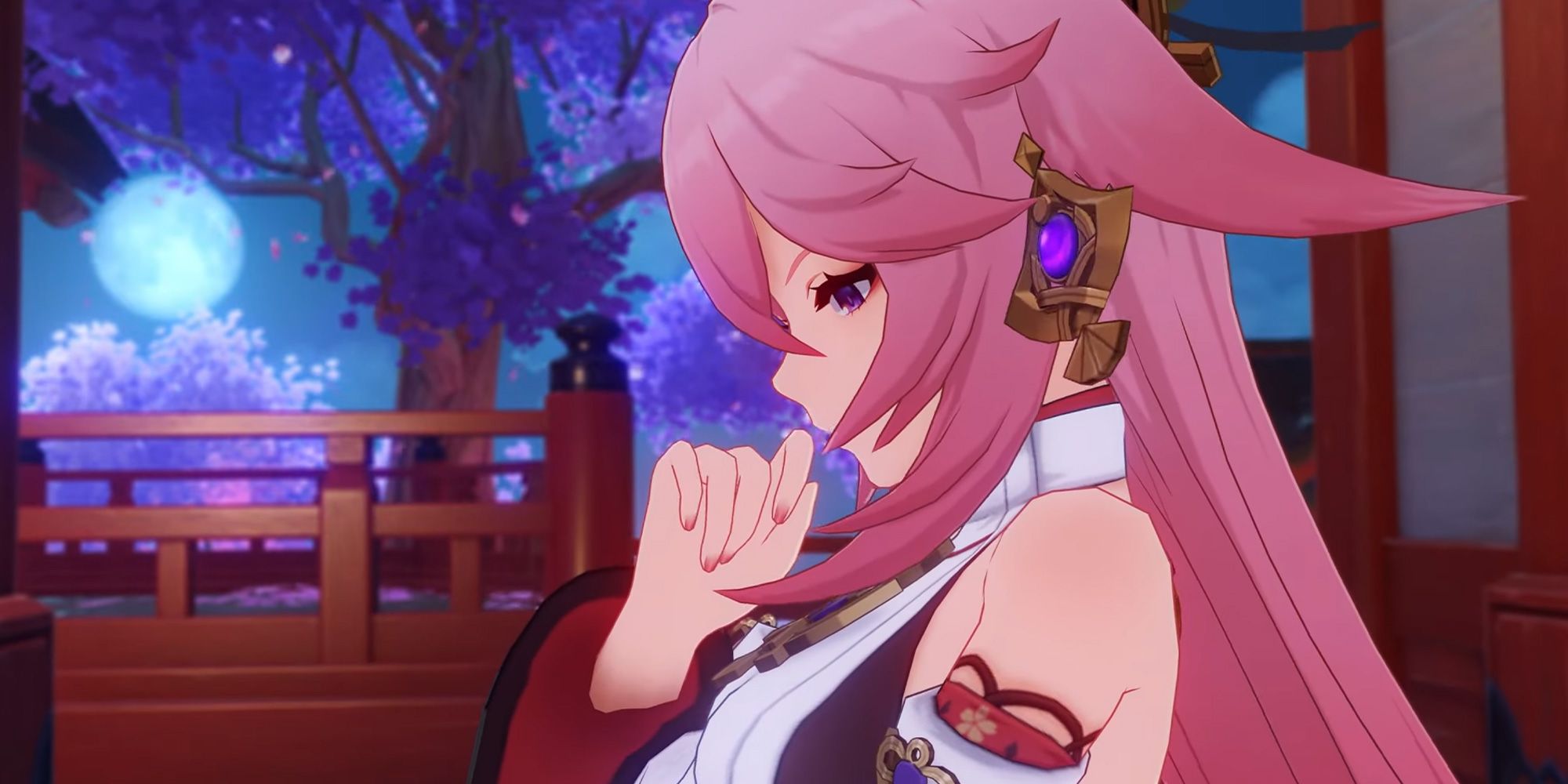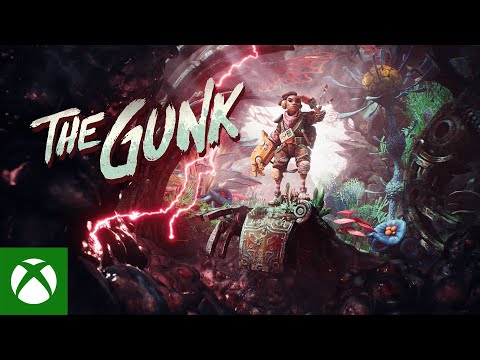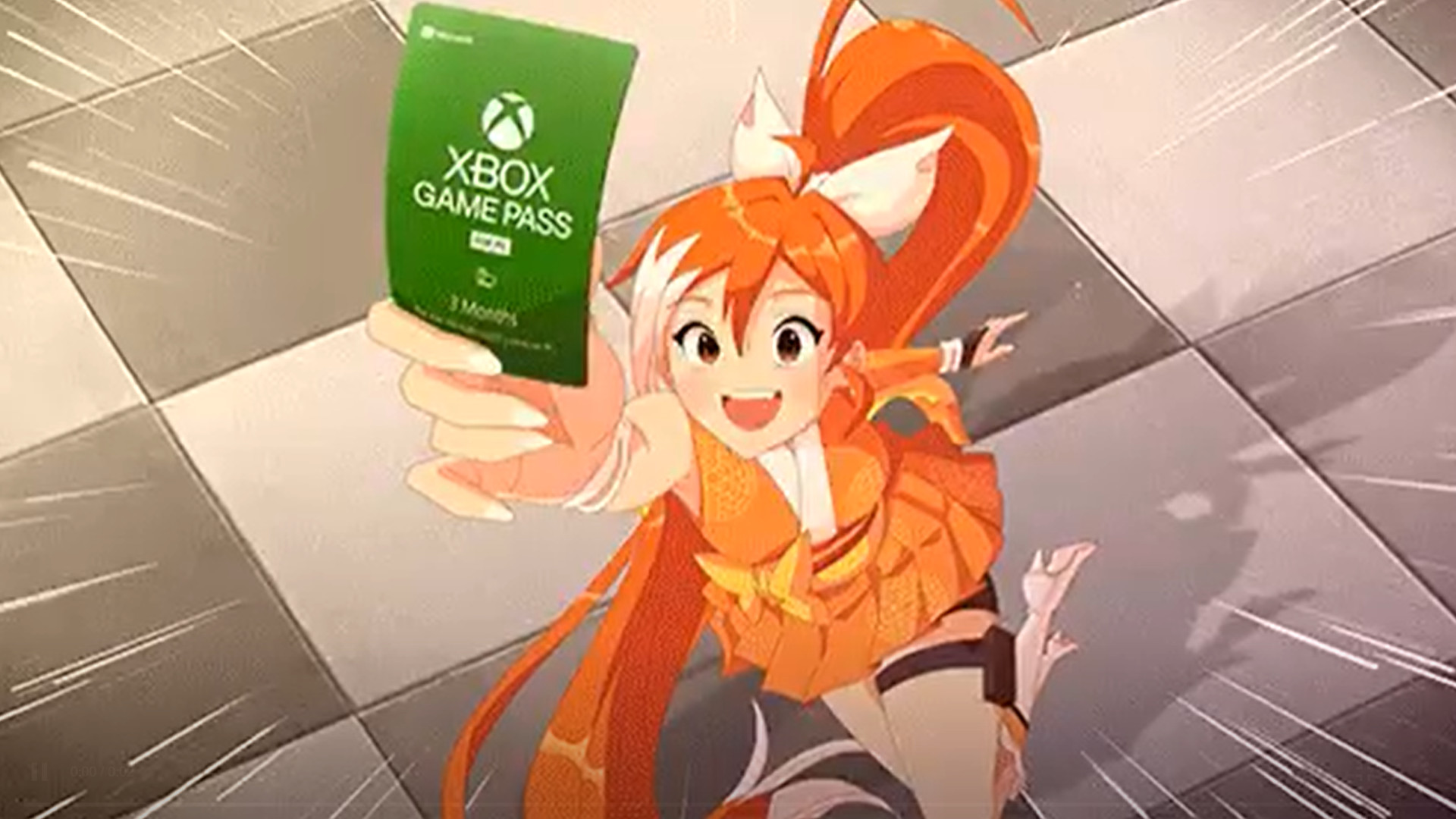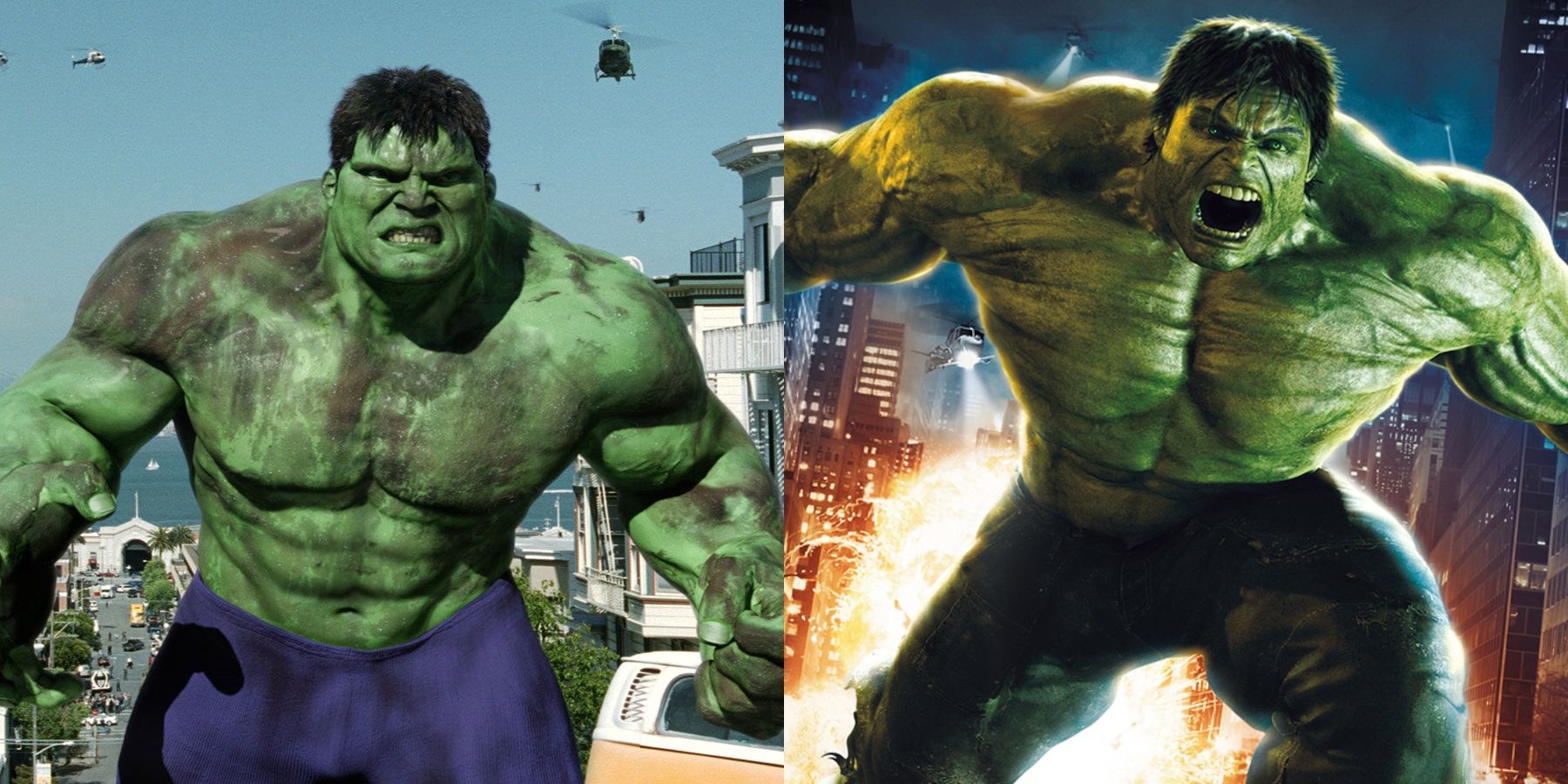

Nearly two decades ago, Ang Lee’s Hulk was released, and it was mostly remembered as an overly serious comic book movie that contained a pumped-up version of Bruce Banner/Hulk, the scientist who turns into a gigantic green creature with powerful abilities, including a lot of smashing. However, this version of Hulk played by Eric Bana is superior compared to the Hulk portrayed briefly by Edward Norton in 2008, and then extensively by Mark Ruffalo afterward in the Marvel Cinematic Universe.
While the movie has some truly silly parts, 2003’s Hulk explores deep themes like the cycle of abuse and functions more like a Greek tragedy. It is also stylistically ambitious, presenting several moments in comic book-like panels. The MCU portrayals of Hulk were better received, most especially Ruffalo’s, because they had both serious and comical elements, whereas the Hulk portrayed by Bana in Lee’s film is more dramatic and psychologically troubled.
RELATED: The MCU Demoting Hulk To A Supporting Character Was A Smart Move
The MCU Hulk played by Ruffalo was formed in order to make the green giant a team player with the Avengers. Banner’s bond with Tony Stark/Iron Man was intriguing since they’re both science and tech nerds. His brief relationship with Black Widow, while a bit sudden, was also effective in showing Bruce’s sensitive side, such as in The Avengers when he describes his difficulty working with a group, or in Age of Ultron when Banner explains to Natasha that he can’t have children because of what he is. Hulk also had some funny banters with fellow ally Thor, especially in Ragnarok.
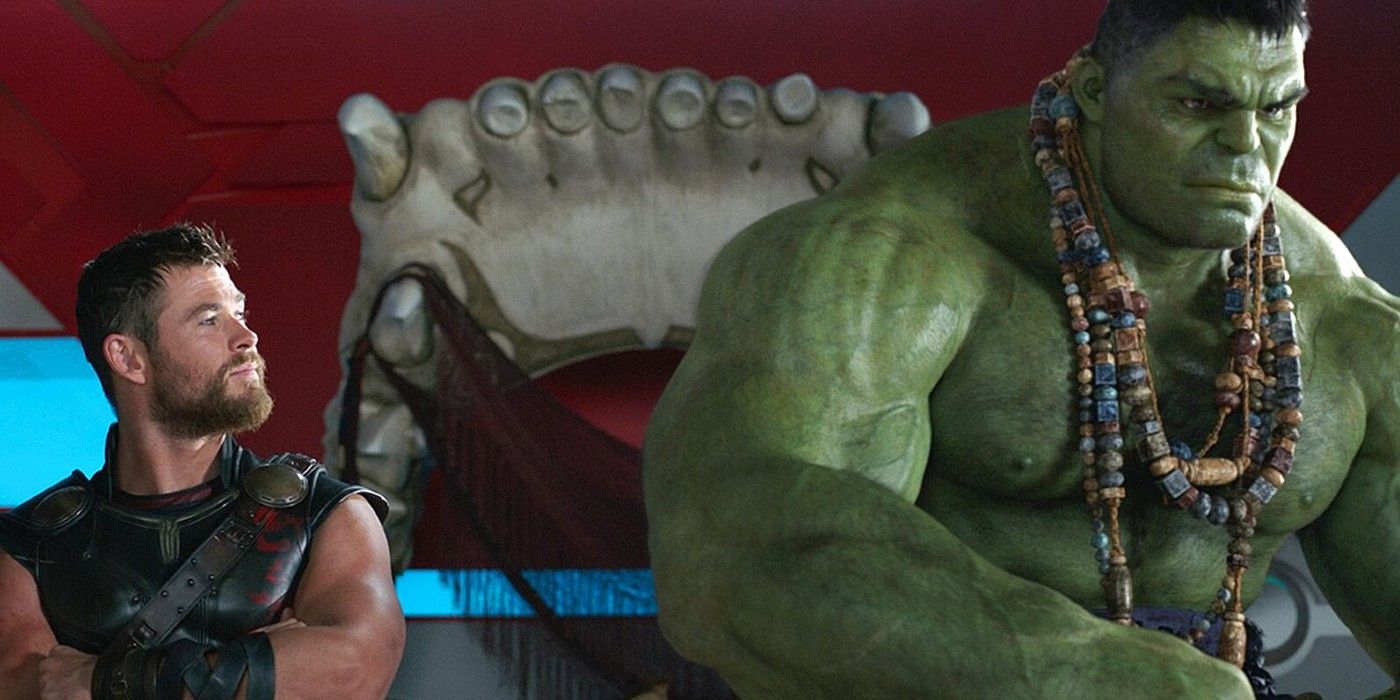
Ruffalo’s combination of humor and drama made his Hulk recognized as the best of the live-action film versions. However, what Ruffalo’s Hulk lacks is his backstory and what made Banner become this powerful creature, which is why Ruffalo still needs his own Hulk movie and/or series. Lee’s film vividly shows how Banner became the Hulk due to his exposure to gamma radiation. Bana portrays Banner/Hulk as a Jekyll and Hyde character with intense, psychological trauma, uncertain of himself and why he has become this creature who’s primarily viewed as a monster and threat to national security.
The Bruce Banner/Hulk in the 2003 feature not only questions his own identity but also his past, including his father, David Banner, played with villainous perfection by Nick Nolte. Their initial meeting after so many years apart is startling because Bruce thought that his father had passed away a long time ago, but when he sees David, he knows that he speaks the truth, and that he is behind his transformation into the Hulk. There are key moments in the film that display flashbacks involving a young Bruce, erratically playing with his toys, as David attempted to kill him for inheriting his mutant DNA, but accidentally kills Bruce’s mother, who died trying to protect her son. During a chase sequence later on in the film, the Hulk also begins to remember his parents’ home where he grew up.
The conflict between father and son in Lee’s film is played out like a Greek tragedy because, while David felt guilty and tried to cure his son (before trying to kill him), he cared more about his scientific work on improving human DNA than caring for the safety of his wife and child. Bruce becomes a man who is, in a way, cursed for life, with powers that he neither wants nor understands, but has to adapt and live with it in order to survive and take down enemies like his own father.
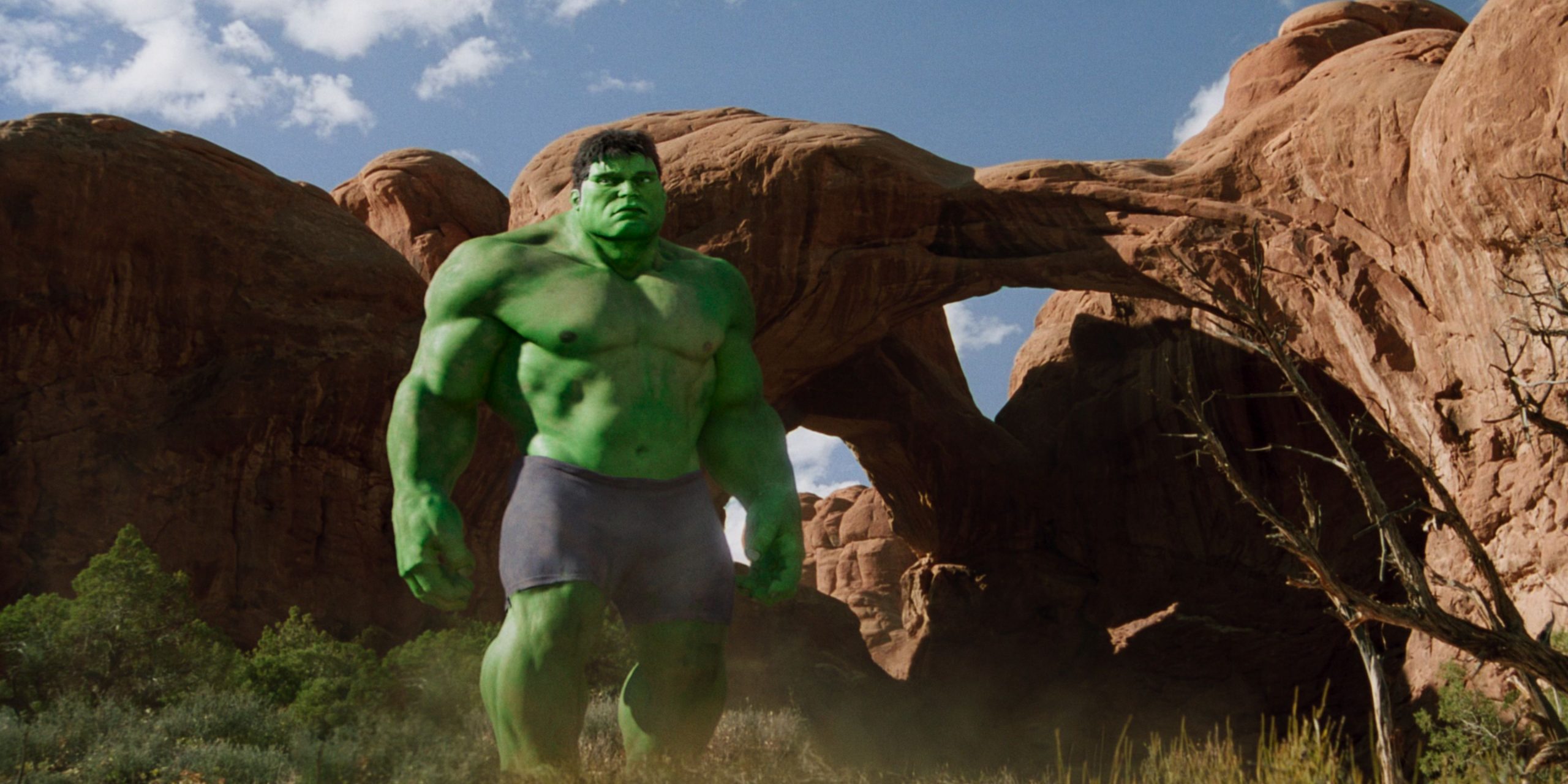
This Hulk also draws inspiration from the Greek hero Hercules when he fights and overpowers a number of dogs, in an intense action sequence, to save Betty Ross (Jennifer Connelly), the love of his life. Betty also has a conflicted relationship with her father, General Ross (Sam Elliott), who is forced to go after the Hulk and stop him from preventing further damage and chaos, while Betty doesn’t want Bruce to get hurt or killed, and is the only one who can get through to him emotionally.
The family dynamics and drama are the keys to making Lee’s Hulk film feel both personal and intense for the heroic and misunderstood protagonist. Many of the elements that made Lee’s film special were recycled in 2008s The Incredible Hulk, which once again shows the military going after Banner. While Edward Norton is an accomplished dramatic actor with charisma, he lacks the vulnerability that made Eric Bana special in the role. William Hurt and Liv Tyler, as General Ross and Betty, respectively, seem to be going through the motions and lack some of the dramatic conviction that made Elliott and Connelly stand out in those roles.
While the action involving the Hulk is exciting in the MCU films, Lee’s film gives Hulk the right freedom and space to choreograph elaborately well-staged action sequences. Hulk’s fights against Ross’s army are some of the film’s highlights, allowing the green giant to smash and wreck through tanks and helicopters, and withstand a whole lot of bullets. He can also run fast and jump really high, and the scenes in the desert are also entertaining because as Hulk runs away from the soldiers, he unleashes his strengths and skills. The comic book-like panels also provide Lee's film with excitement, especially when showing what Hulk and Ross's army are doing at the same time, as the green giant is on the run and smashing things toward the soldiers and the military base.
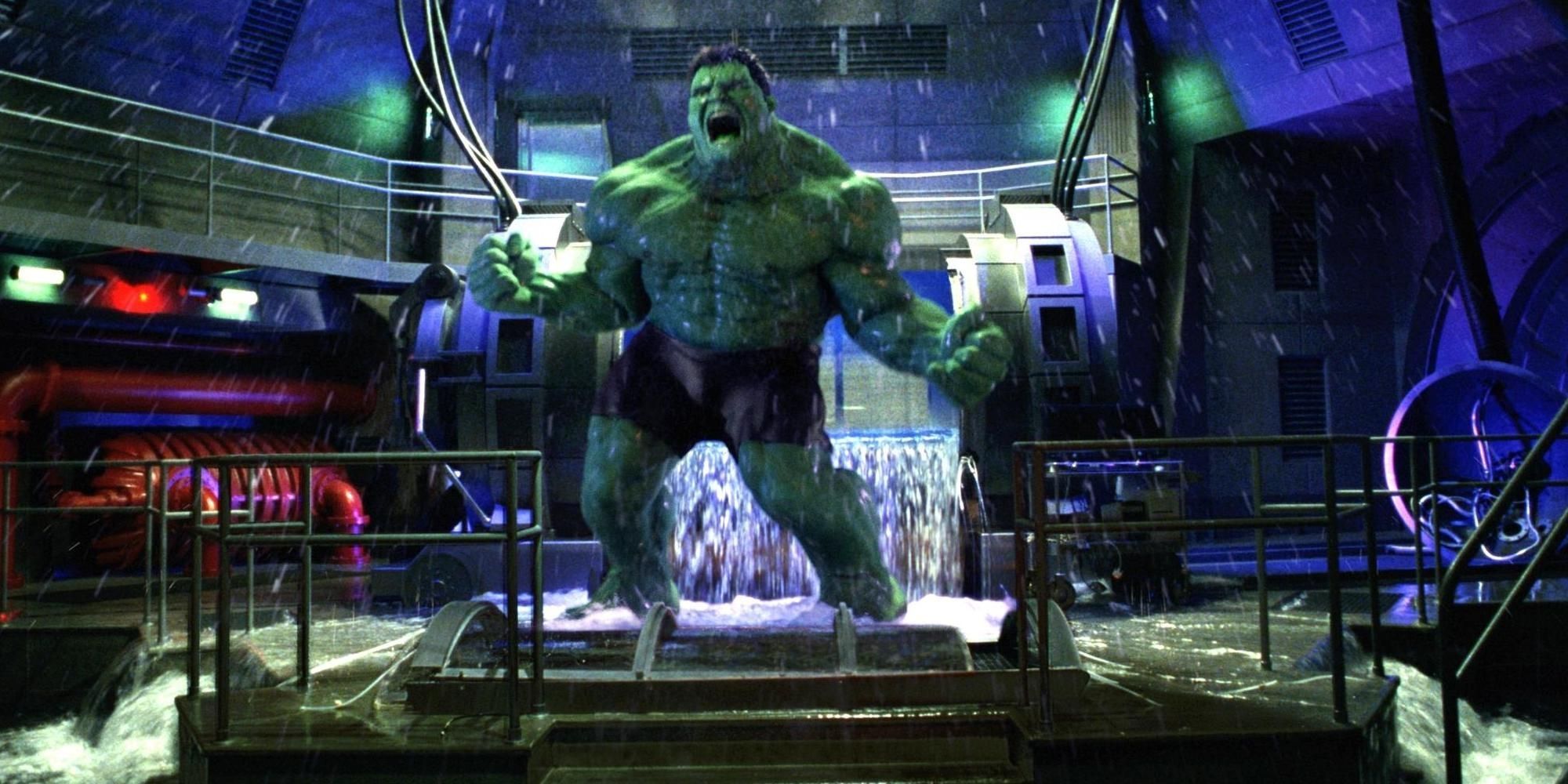
While the MCU films can be viewed as strong sequels that continue Hulk's story and portray him as a strong action figure and an ally for the Avengers, Ang Lee's Hulk is the better film because it digs deep into the conflicted psyche of Bruce Banner/Hulk, and reveals how his story began, along with his traumatizing past and his evil father.
Before the MCU films arguably redefined the superhero genre, Lee's feature came out at a time when more stylized comic book and superhero films were being made, such as Daredevil, the X-Men, and Spider-Man films, The Punisher, Constantine, Sin City,and Batman Begins. These films, along with Lee's Hulk, deserve credit for creating portrayals of epic superheroes who each live in a world of darkness and fear. They depict heroes who have lost loved ones, deal with conflicting pasts, and have gifts and curses they have to live with for eternity, but use effectively to seek justice for others, and understanding within themselves.
MORE: 'She-Hulk' Set Photos Give First Look At Mark Ruffalo's Return As Hulk
